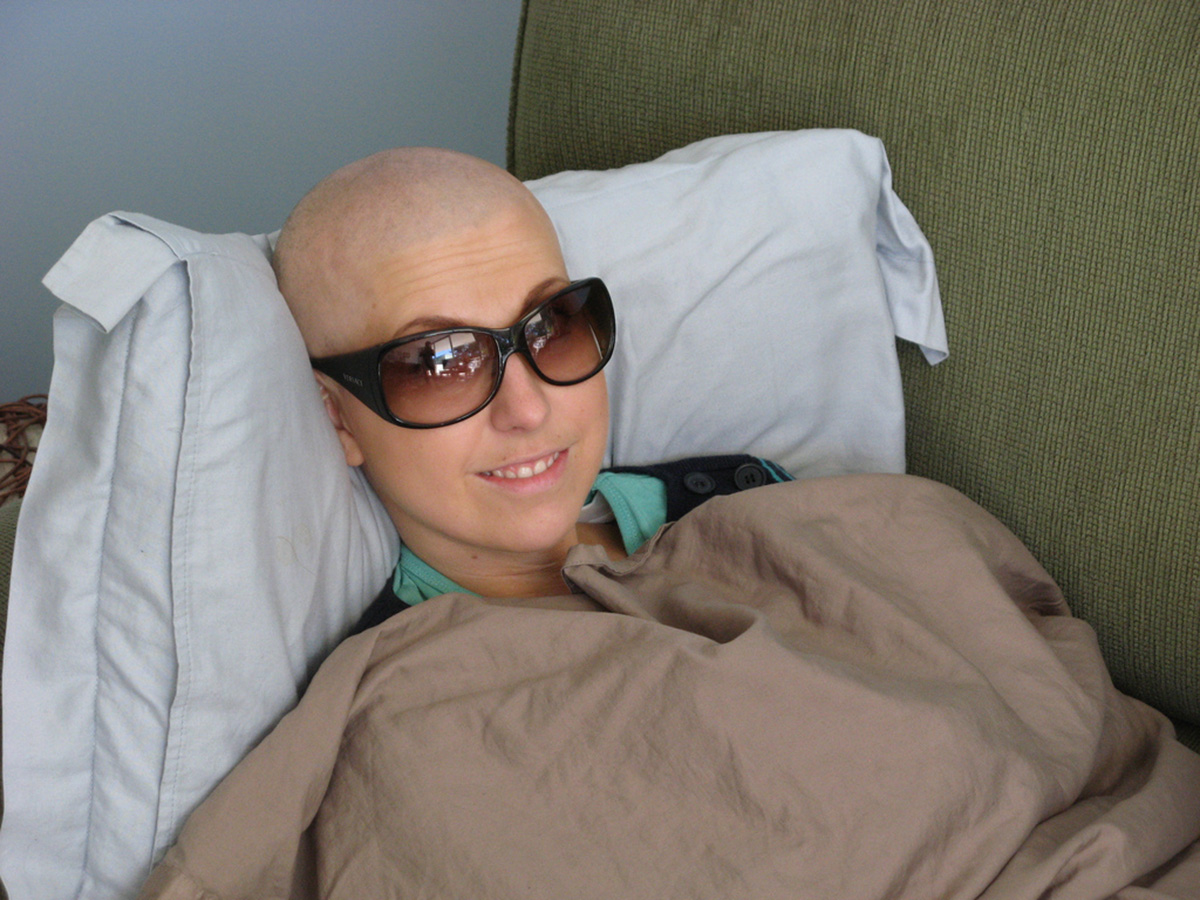Table of Contents
Chemotherapy and radiation are necessary treatment protocols to aggressively treat and prevent the recurrence of an oncogenic lesion. These procedures have helped prolong lives and even completely treat millions of people all over the world. The main drawbacks of these procedures are a large number of side effects that a patient has to go through as a result of these medications. While work is being done to develop better targeted medicine and those with minimal side effects, the nature of cancer itself means that some amount of collateral damage is necessary and even inevitable. Cancer cells are identified by their rapid rate of division, and so certain normal cells that also divide at a rapid rate like the ones found in the oral cavity, also get caught in the cross fire.

Pretherapy Treatment
It is now standard protocol for a patient about to undergo head and neck radiation to undergo a thorough dental checkup beforehand. This is because even a small lesion, mouth sore or pre-existing inflammation will get exacerbated during the course of the treatment. The approach to treatment for a patient about to undergo cancer therapy is very different from that of a normal patient. The focus is on minimizing any and all possible causes of infection, however minimal they might be.
No new root canals will be started and extractions will be preferred instead. An X-ray of the entire jaw will be taken to determine which teeth may cause trouble in the future. These teeth include previously treated teeth with an asymptomatic apical pathology or third molars which are unerupted/half erupted and periodontal compromised teeth as well. These teeth may not have anything wrong with them at the present time however they will still be marked for extraction as per existing recommendations and protocols.
Since the ability of the body to heal even minor sores or cuts reduces drastically after chemotherapy and radiation, a thorough inspection will be done to identify any sharp edges or improperly placed teeth that can cause such sores. These will be rounded off or if that is not possible, extracted. Similarly, existing prosthetic and orthodontic appliances that may be being used without any trouble will be inspected and in most cases the use of these devices is stopped until the oral tissues return to normal.
See Also: Chemotherapy And Cancer: Questions And Answers
The reason why such aggressive methods are advised before cancer therapy is that blood circulation is severely affected, along with the breakdown of sensitive barrier membrane cells. This makes our oral cavity sensitive to minor forces and insults, the kinds that would go unnoticed earlier. This is associated with a severe reduction in the wound healing abilities of the body as well.
- Photo courtesy of Jennifrog via Flickr: www.flickr.com/photos/jennifrog/2865257154
- Photo courtesy of wwarby via Flickr: www.flickr.com/photos/wwarby/11693522135
- 1. http://www.nidcr.nih.gov/OralHealth/Topics/CancerTreatment/
- 2. http://www.colgate.com/en/us/oc/oral-health/conditions/cancer/article/oral-care-for-cancer-patients


Your thoughts on this